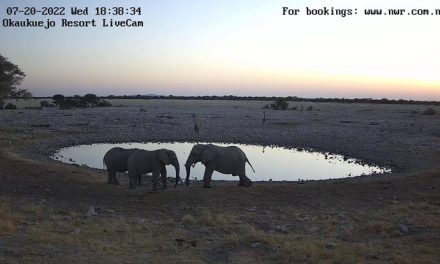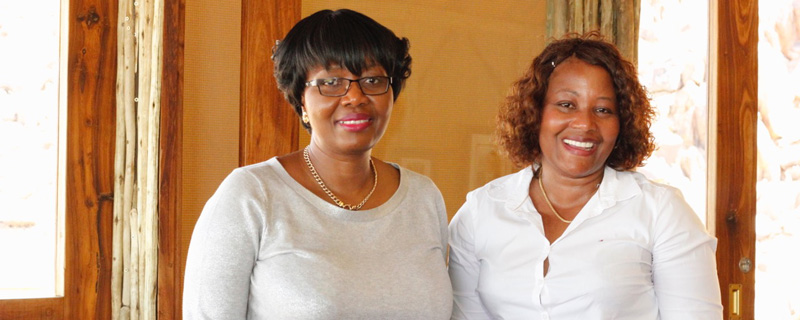
Project to address socioeconomic impacts of COVID-19 on heritage tourism launched

A project to address some of the immediate socioeconomic impacts of COVID-19 on heritage tourism was launched this week by the Minister of Environment, Forestry and Tourism (MEFT), Pohamba Shifeta.
The GIZ-UNESCO project dubbed; “Promoting sustainable tourism and private sector engagement for inclusive community development in response to the COVID-19 crisis,” is set to accelerate the tourism recovery process to protect livelihoods and transform the sector to become more resilient and inclusive was launched this week.
Speaking at the launch, Shifeta said the project will involve engaging the tourism private sector to create incentives to boost sustainable practices by providing necessary training interventions and capacity building for communities to benefit from the tourism value-chains.
“The project will invest in the preservation of our cultural heritage while creating short term job opportunities by utilizing culture and heritage as a source of resilience within the two UNESCO World Heritage Sites in the country, which are the Namib Sand Sea and Twyfelfontein,” he added.
According to Shifeta, the MEFT in collaboration with other key stakeholders identified key interventions required to transform the tourism sector in response to the COVID-19 crisis, among others: managing the crisis and mitigating the socioeconomic impacts on livelihoods; advancing innovation and the digitalization of the tourism ecosystem; fostering sustainable and inclusive green growth; and strengthening coordination, partnerships and solidarity for socioeconomic recovery.
“Overall, this project will lay the foundation for a more strategic approach to promoting sustainable tourism at World Heritage destinations while supporting the social and cultural cohesion of surrounding communities,” he added.
Djaffar Moussa-Elkadhum, UNESCO Windhoek Director meanwhile said the launch of this project came at an appropriate time when Namibia has launched the “Namibia’s Tourism Sector Recovery Plan” and when countries around the globe have lifted travel bans to enable tourism to recover.
“The unpredictability of COVID-19 pandemic presents an opportunity to innovate and rethink the way we interact with nature, with our heritage, the way we do business. This is a call to build back our tourism industry better and stronger, healthier, with the better responsible and resilient relationships between sites, visitors, and local communities,” he added.
The project initiative or the implementation plan has commenced already and is expected to be completed by August 2022, and is jointly implemented by the MEFT, Ministry of Education, Arts and Culture, National Heritage Council, Namibia Tourism Board, University of Namibia, Namibia University of Science and Technology, International University of Management, UNESCO, and GIZ for technical and financial support.












































